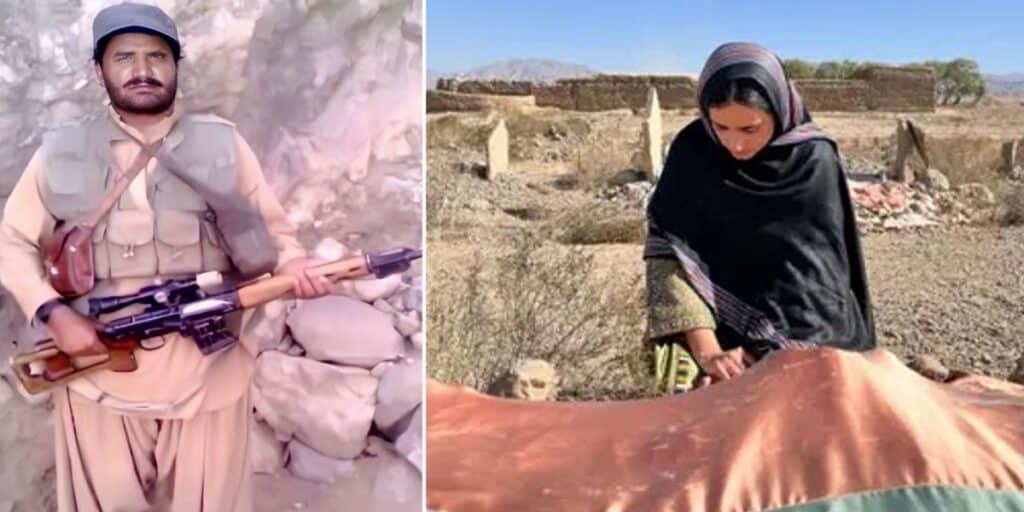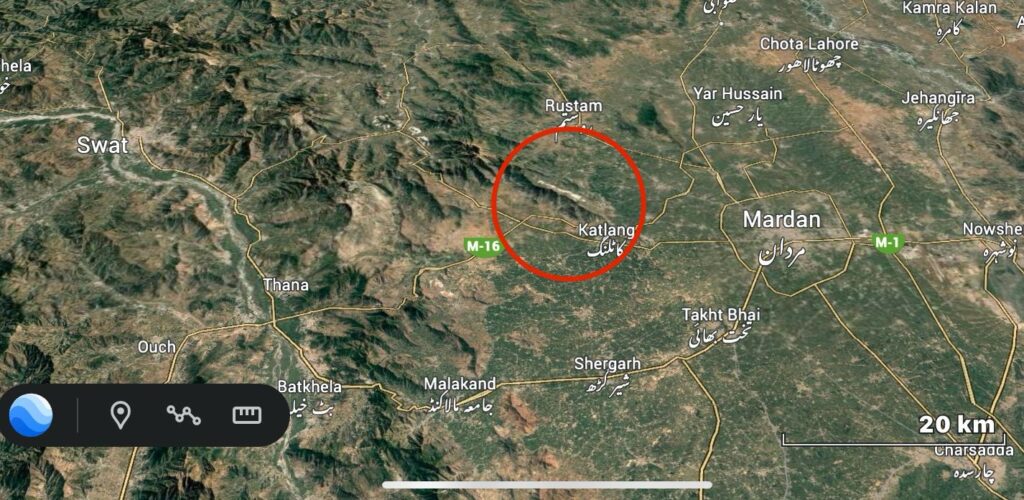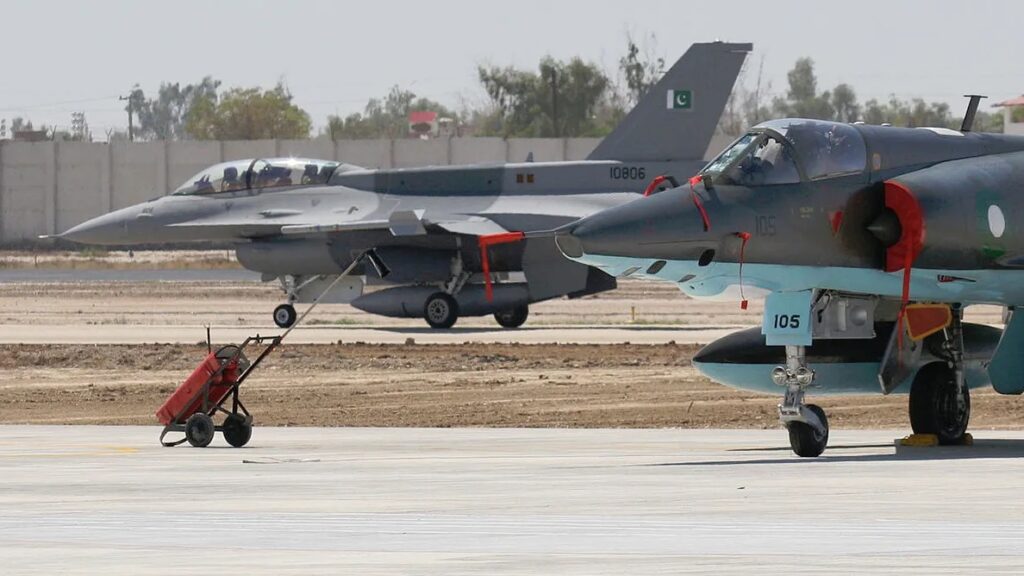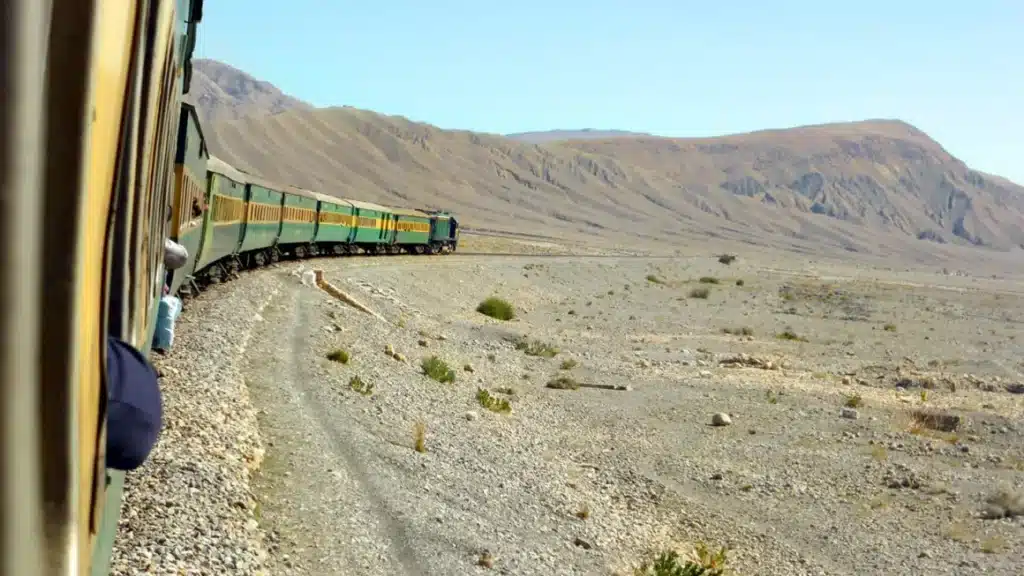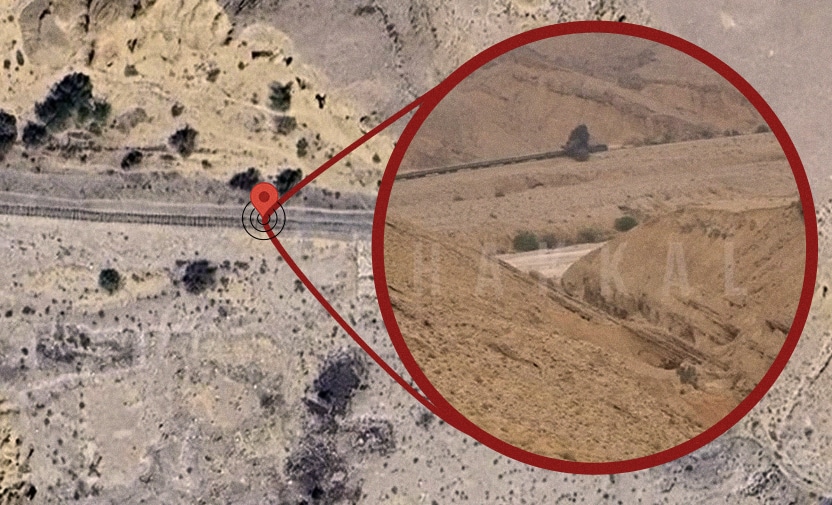QUETTA: Mahrang Baloch, head of the political wing of the banned terrorist outfit ‘Fitna Al-Hindustan’ — the so-called Balochistan Yakjehti Committee (BYC) — continues to raise her voice in the name of human rights violations, injustices, and rights of Balochistan. But to truly understand her motives and narrative, one must revisit the past, particularly the legacy of her father, Abdul Ghaffar Langove.
Abdul Ghaffar Langove wasn’t an ordinary figure in Balochistan’s militancy. He was a close friend of Aslam Baloch alias Achu, the commander of the RAW-funded designated terrorist group the Baloch Liberation Army (BLA) Aslam Achu was the founder of the BLA suicide wing, the Majeed Brigade.
The two worked together at the WAPDA office on Arbab Karam Khan Road, along with a third friend, Sarwar alias Baba. All three eventually joined the BLA, a group responsible for countless acts of terror across Pakistan.
In May 2010, Aslam Achu established the Majeed Brigade, which would go on to train suicide bombers and carry out high-profile attacks, claiming hundreds of innocent lives.
Ghaffar Langove was not just a supporter — he was an ideologue. He initially operated through Nawab Khair Bakhsh Marri’s platform, influencing young minds to take up arms and retreat to the mountains. Eventually, he followed his own advice and became a militant himself.
Langove was arrested and reportedly confessed to the cold-blooded killing of over 50 Punjabi laborers. Yet, despite this chilling confession, a court acquitted him.
Once freed, he returned to the mountains, but this time suspicion followed him. Aslam Achu began to doubt Langove’s loyalties, suspecting him of leaking information to intelligence agencies.
The internal rift deepened, especially as the BLA split into three factions. Eventually, Ghaffar Langove was killed under circumstances that remain murky to this day. Did enemies eliminate him, or did ideological differences cost him his life at the hands of former comrades?
After her father’s death, Mahrang Langove emerged on the social media frontlines of the separatist movement. Ironically, she had been studying on a government scholarship, benefiting from the very state she now accuses of murder and oppression.
She has built her identity as a defender of Baloch rights and routinely targets the state in her speeches and online presence. Yet she never speaks about the BLA’s internal feuds, funding trails, or the role of the Majeed Brigade in suicide bombings and mass killings.
Selective narrative
Her selective narrative raises various questions, like why does Mahrang Baloch stays silent on the internal violence and ideological betrayals within the BLA?
Who really funded the operations of the Majeed Brigade in the remote caves and bunkers of Balochistan — millions of dollars’ worth of weapons and logistics?
Were these operations truly sustained by local sympathizers alone, or was there international intelligence backing involved?
Is Mahrang Baloch’s global narrative rooted in truth, or is it an emotional repackaging of her father’s failed ideological dreams, presented to the world as a struggle for justice?
These are the questions that expose her narrative hher political ambitions of covering the BLA terrorism.

